How much insurance does a small Florist really need?
Here are 6 Insurance Policies every Floral Business should consider
How much and what types of insurance coverage a florist needs really depends on the size, type and scope of the business. If the florist only sells flowers at one location, it may not need all of the coverages discussed in this blog post. If the florist business designs flower arrangements or provides delivery service it opens up your business to an enormous amount of additional risk. Here are 6 insurance coverage’s all floral businesses should strongly consider securing.

General Liability
General Liability Insurance will protect your business from property damage and bodily injury claims of third parties. Third parties can be anyone not associated with your business that is harmed by the actions of your businesses operations. Included in this group of people can be customers, vendors delivering products to your facility or even a plumber who comes to work on your toilet.
Professional Liability
If you are designing floral arrangements for special occasions like weddings, funerals, Valentines Day or Christmas; you can be sued if the designs are not up to the expectations of the customer. The lawsuits do not have to be founded to cost your business immensely in legal fees and reputation management. A Professional Liability Insurance Policy will help your business withstand the costs to defend your self in court and for missed time at work spent defending you and your business.
Commercial Auto/Hired and Non-owned Auto
If your business uses vehicles as a part of normal business operations than you need to secure one or both of these coverages. If the business owns a vehicle and that is the only vehicle used for business purposes than a commercial auto policy should suffice your business, but if you have employees who use their own vehicle or rented vehciles for any part of their job than you need to secure the addition of hired and non-owned auto coverage.
Commercial Property
A commercial property insurance policy is needed if your business owns and operates any property as a part of your operations, no matter the size. It is different than a traditional home owners policy. Commercial property policies are sold on a replacement cost or on an actual value basis. It is usually best to purchase a replacement cost policy. This type of policy will cover the cost to tear down, haul off and replace the property that is damage. An actual value policy will pay you an agreed upon value of what the property is worth. In most cases this will not pay the entire amount to make your business whole again.
Inland Marine
If you own any specialized equipment or equipment that is designed to be in transport frequently, you have a need for Inland Marine Coverage. A commercial property will cover your facility. A commercial auto policy will cover your vehicles. If you have specialized equipment you use to design and maintain the arrangements or an attachment to your vehicle like a trailer it will not be covered by either of these policies. This is where an inland marine policy can be added to cover this specific equipment. Taking additional time with your agent to explain all the details of your business can make sure you secure all of the policies your business needs.
Workers Compensation
Workers Compensation Insurance is required by law for most businesses in 48 out of 50 states. The system is managed by the individual states, so it is important for you to check with the proper state governing agency to ensure you are compliant with your states laws and regulations. Even if there is an exclusion for your business to not carry the coverage, it is usually in your best interest to still secure workers comp coverage. This insurance policy will protect your business from being sued for most injuries that occur as a part of normal business operations. It also provides medical coverage and reimbursement of some lost wages for workers injured as a part of normal business operations.


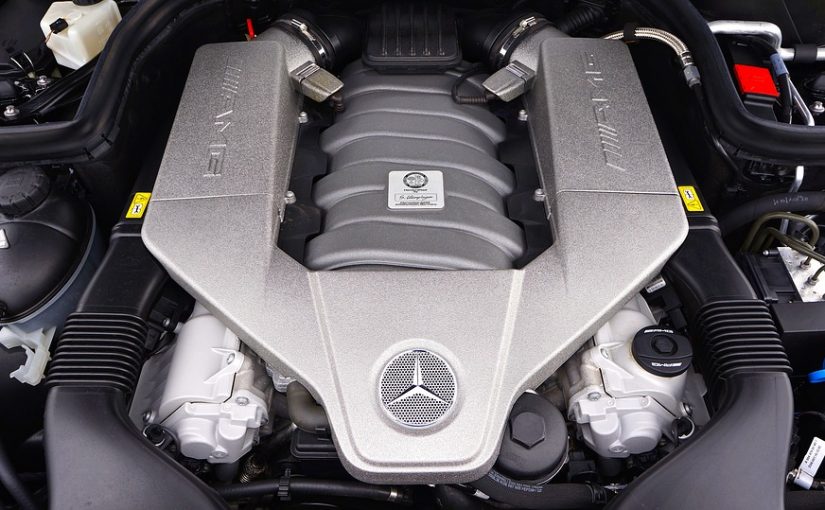

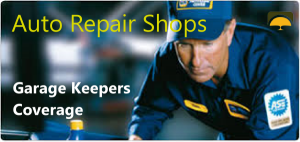

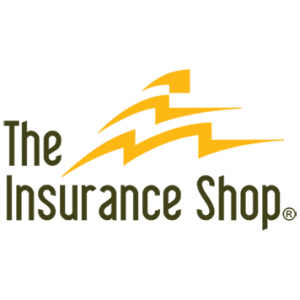 My Insurance Question is a creation of
My Insurance Question is a creation of 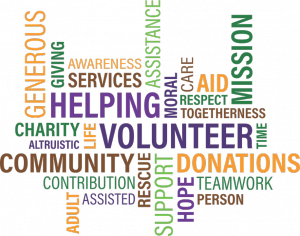
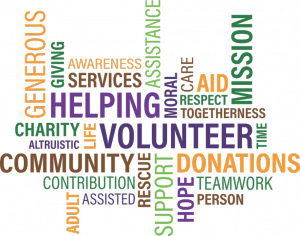


 A lot of insurance carriers have restricted coverage for non-profit and charitable organizations due to a large amount of historical claims and their potential exposure from volunteers serving these organizations. A few carriers have taken a different approach to non-profits and created programs designed specifically to the unique needs of these businesses. Below is a list of six coverages most non-profits will need.
A lot of insurance carriers have restricted coverage for non-profit and charitable organizations due to a large amount of historical claims and their potential exposure from volunteers serving these organizations. A few carriers have taken a different approach to non-profits and created programs designed specifically to the unique needs of these businesses. Below is a list of six coverages most non-profits will need.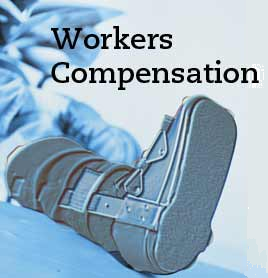
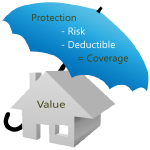
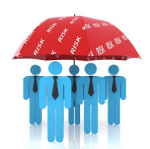 Owners and Officers Coverage is for defense costs and damages (awards and settlements) arising out of wrongful act allegations and lawsuits brought against an organization’s board of directors and/or officers. Securing this coverage allows your officers to sit on your board and comfortably know they are not going to be liable for the actions of the organization.
Owners and Officers Coverage is for defense costs and damages (awards and settlements) arising out of wrongful act allegations and lawsuits brought against an organization’s board of directors and/or officers. Securing this coverage allows your officers to sit on your board and comfortably know they are not going to be liable for the actions of the organization.